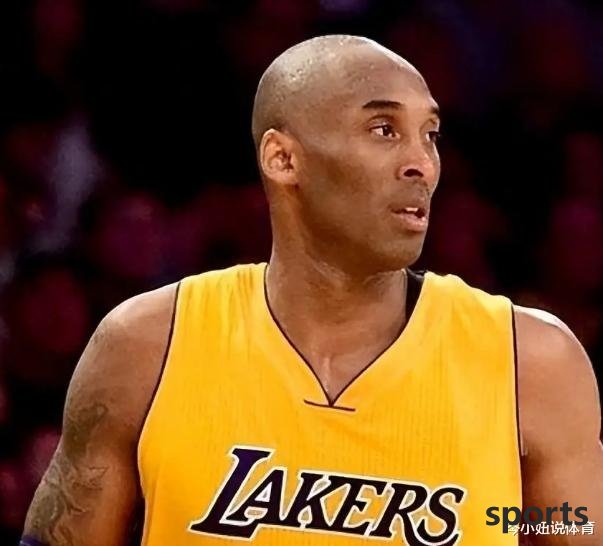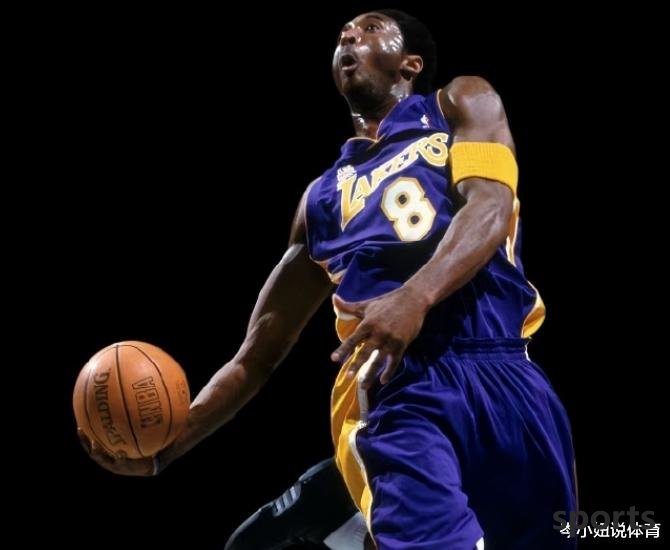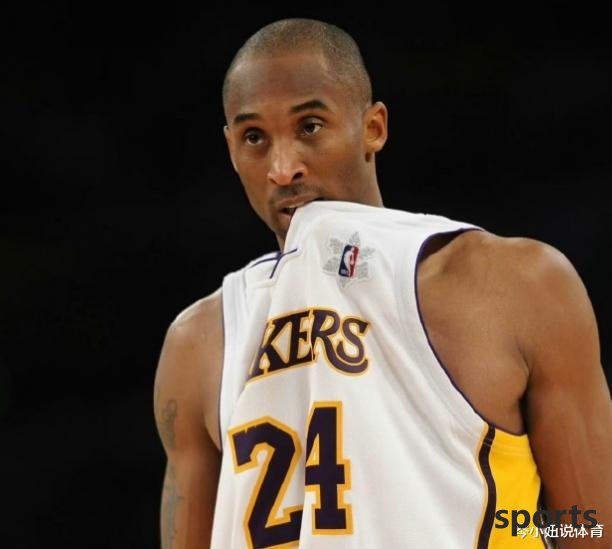If Kobe does not have the last two consecutive championships, the value of the three consecutive championships will affect his historical status
9:08am, 12 June 2025Basketball
On June 12, Kobe Bryant and Shaquille O'Neal's "OK combination" is one of the most dominant duoes in NBA history. They jointly led the Los Angeles Lakers to achieve three consecutive championships from 2000 to 2002. However, the debate over who the two were the real "boss" of the team during this glorious period never stopped. If Kobe did not lead the Lakers to win two consecutive championships again in 2009 and 2010, will his historical status be affected by his achievements during the three consecutive championships? This is a question worth exploring in depth.

First of all, we need to clarify the core structure of the Lakers during the three consecutive championships. Shaquille O'Neal was undoubtedly the most dominant center in the league at that time, and his deterrence in the inside was unmatched. In the 2000 Finals, O'Neal averaged 38 points, 16.7 rebounds and 2.7 blocks per game, and was undisputedly elected the MVP in the Finals. In the subsequent 2001 and 2002 finals, O'Neal's performance was still stable and efficient, averaging 33 points and 36.3 points per game, and won the MVP in the finals for three consecutive years. Judging from the data, O'Neal is the Lakers' well-deserved first core during their three consecutive championships.
However, Kobe's role cannot be ignored. Although O'Neal's dominance in the interior is unparalleled, Kobe's scoring ability, defensive resilience and big heart performance at critical moments provide the Lakers with indispensable support. Especially in the tiebreak match against the Portland Trail Blazers in the 2000 Western Conference Finals, Kobe scored 15 points in the fourth quarter and assisted O'Neal in the last moment to complete the aerial relay, helping the Lakers reverse the victory. This classic moment fully demonstrates Kobe's calmness and decisiveness at critical moments. In addition, in the 2001 playoffs, Kobe averaged 29.4 points, 7.3 rebounds and 6.1 assists per game, performing comprehensively and efficiently. It can be said that without Kobe's growth and contribution, the Lakers' three consecutive championships may be difficult to achieve.

So, if Kobe did not lead the Lakers to win the championship again in 2009 and 2010, what will his historical status be affected by his achievements during the three consecutive championships? From a historical evaluation point of view, Kobe was more regarded as O'Neal's "deputy player" during his three consecutive championships in the early 2000s. Although his performance was excellent enough, O'Neal's brilliance was obviously more dazzling. Without the two consecutive championships, Kobe's historical status might have been more associated with the "second leader", similar to Scottie Pippen's role during the Chicago Bulls. Although Pippen is one of the greatest second-in-commands in history, his historical status is never comparable to Michael Jordan. Similarly, if Kobe only achieved three consecutive championships, his historical status might be shrouded in O'Neal's shadow.
However, Kobe is unique in that he is not only an excellent scorer, but also a player with a strong desire to win and leadership. After O'Neal left the Lakers, Kobe took on the burden of the team alone and led the Lakers back to the top from 2008 to 2010. The two consecutive championships in 2009 and 2010 not only proved Kobe's ability as the core of the team, but also won him two finals MVP trophys. These two championship trophys greatly improved Kobe's historical status and transformed him from "O'Neal's deputy" to "leader of the Lakers." Without these two championships, Kobe's historical status might be at the level of "great scorer" or "excellent second leader" and cannot be among the top ten in history.

In addition, Kobe's career also includes other important achievements, such as 81 points in a single game, five championships, two finals MVPs, one regular season MVP and 18 All-Stars. Together, these honors constitute Kobe's historical status. But it is undeniable that the two consecutive championships in 2009 and 2010 were a critical period for Kobe to prove his ability to lead the team independently. Without these two championships, the outside world's evaluation of him may have focused more on his cooperation period with O'Neal, and ignored his growth and transformation as a team leader.
From the perspective of fans and media, Kobe's "Mamba spirit" and the tenacity he demonstrated in adversity are also important parts of his historical status. Even without the two consecutive championships in the future, Kobe is still a great player, but his historical status may be limited by his lack of the highest honor of independent leadership. In contrast, O'Neal, as the core of the three consecutive championships, has long been stable, while Kobe needs to prove through his later achievements to prove that he is not just a "deputy player".
To sum up, if Kobe did not lead the Lakers to two consecutive championships in 2009 and 2010, his historical status may be affected to a certain extent based on his achievements during the three consecutive championships. Although his performance in the three consecutive championships was already outstanding enough, O'Neal's core position and the honor of the MVP in the finals made Kobe more regarded as the "second leader". The two consecutive championships not only filled the gap in honor of Kobe as an independent core, but also won him a higher historical evaluation. Therefore, Kobe's historical status is not only dependent on his achievements during the three consecutive championships, but on the accumulation and transformation of his entire career.
Related Posts
- New Agent Strength List: Durant becomes the last puzzle of the Rockets Championship. How effective is the Lakers and Nuggets reinforcement?
- James does not agree with ring culture? American fans: Support or if you talk about goat in the future, only Russell
- 4 highly watched news from the Warriors
- Famous reporter: Executives say they will see many first-round pick deals. Spurs & 76ers & Nets & Rockets are worth paying attention to
- Team-up reporter: The Lakers may lose Reeves in vain. If he doesn’t trade in the new season, is he dereliction of duty?
- Doncic: I always look up to James and it is a privilege to work with him
- Pelinka: Doncic s performance in the European Championship proves that even if he is not the best in the world, it is one of them
- Ready to start grabbing! US media showcases the top 3 goals of each team in free market: Rockets Trent + Warriors chasing Daluo
- Zhao Jiwei modestly admitted that he was inadequate! He also prescribed a "prescription" for the Chinese men s basketball team, and is very optimistic about Yang Hansen
